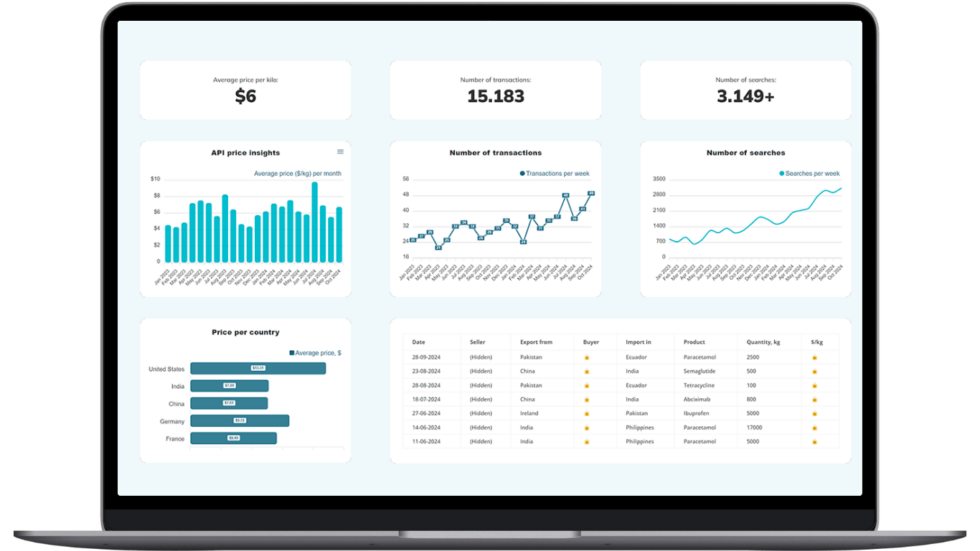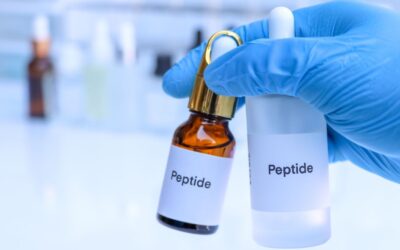The Top 5
Ethical Controversies in the Pharmaceutical Industry

David Blok | Posted on May 17, 2023 | Updated on March 26, 2025
Introduction
The pharmaceutical industry has an undeniable impact on healthcare worldwide. However, this impact comes with its share of ethical dilemmas. This article addresses the top five controversies that have given pause to stakeholders and the public alike.
The Dual Role of the Pharmaceutical Industry
This industry is both a boon and a bane, contributing to medical advancements while facing ethical scrutiny. But what are these ethical flashpoints, and why should we care?
1. Pricing Practices
Balancing Profits and Accessibility
When it comes to drug pricing, it’s a tightrope walk for pharmaceutical companies. On the one hand, they need to recover R&D costs and generate profits; on the other, sky-high prices can effectively bar patients from essential treatments.
The Barrier of High Drug Prices
Financially strapped patients often find themselves caught in a conundrum: pay for expensive medications or forgo treatment. It’s a situation that has led to heated public debate, raising questions on the ethical responsibilities of pharmaceutical companies.
Transparency and Alternative Models
Addressing this controversy may involve being more transparent about how prices are set and exploring alternative pricing models, such as value-based pricing, to align costs more closely with patient outcomes.

Make Smarter API Decisions with Data
Access exclusive insights on global API pricing, export/import transactions, competitor activities and market intelligence.
2. Clinical Trials and Patient Safety
Ensuring Ethical Standards
The road to market approval is paved with clinical trials, but these trials have their own set of ethical challenges, from informed consent to the selection of trial subjects.
Informed Consent
Before partaking in any clinical trial, participants must fully understand the risks involved. Failing to obtain informed consent isn’t just ethically unsound—it’s a violation of basic human rights.
Regulatory Oversight
Stringent guidelines from health authorities like the FDA help enforce ethical standards in clinical trials, safeguarding the well-being of participants.
3. Direct-to-Consumer Advertising
Balancing Information and Persuasion
DTC advertising is a double-edged sword. While it empowers patients to make informed decisions, it can also manipulate consumer behavior.
The Criticisms of DTC Advertising
Is the consumer’s ability to make healthcare decisions compromised by persuasive advertising? Critics say yes, pointing out that such campaigns may overstate benefits and understate risks.
Maintaining Integrity in DTC Advertising
To maintain ethical integrity, pharmaceutical companies should aim for balanced advertising that thoroughly covers both the pros and cons of the drug in question.
4. Patent Protection and Generic Medicines
Balancing Innovation and Affordability
Patent laws exist to protect innovation, but they also lead to monopolies that can price essential drugs out of reach for many patients.
The Controversy Over Patent Exclusivity
While patents reward innovation, they can be a roadblock to accessibility, especially in developing countries. The balance between innovation and affordability is a subject of ongoing debate.
Alternative Models to Encourage Affordability
Mechanisms like patent pools and compulsory licensing can help strike a balance, allowing generic versions of patented medicines to be produced without violating intellectual property rights.
5. Conflict of Interest and Industry Influence
Transparency and Trust
The nexus between pharmaceutical companies and healthcare professionals has been scrutinized for potential conflicts of interest that could impact patient care.
The Relationship Between Industry and Physicians
Is the advice from your doctor unbiased? Or is it influenced by their financial ties to pharmaceutical companies? This gray area demands transparent disclosure.
Rebuilding Trust Through Transparency
A commitment to transparent reporting can go a long way in rebuilding trust. More pharmaceutical companies are now publishing payments made to healthcare professionals, which is a step in the right direction.
Conclusion
The pharmaceutical industry stands at a crossroads, facing ethical challenges that require immediate attention and action. A multi-stakeholder approach that includes regulatory bodies, healthcare professionals, and patient advocacy groups is critical for change.
A Path Forward
By facing these controversies head-on and adopting transparent and ethical practices, we can cultivate an industry that serves its most important stakeholder: the patient.
What Are the Top Ethical Controversies in the Pharmaceutical Industry?
The top ethical controversies include Pricing Practices, Clinical Trials and Patient Safety, Direct-to-Consumer Advertising, Patent Protection and Generic Medicines, and Conflict of Interest and Industry Influence.
What Ethical Concerns Are Raised by Drug Pricing Practices?
The ethical dilemma in drug pricing revolves around balancing profits with accessibility to life-saving medications. High prices can limit treatment accessibility, especially for financially constrained patients, raising debates on fairness and transparency in pricing.
Why Are Clinical Trials Ethically Contentious?
Clinical trials raise ethical questions around informed consent, exploitation of patients, and use of vulnerable populations. The industry must prioritize patient safety and respect the autonomy and rights of trial participants to mitigate these concerns.
How Does Patent Protection Raise Ethical Questions?
While patent protection incentivizes innovation, it can also restrict access to affordable generic medicines. This raises questions about the balance between protecting intellectual property and ensuring affordability, particularly in developing countries.
Why is drug pricing a significant ethical concern in the pharmaceutical industry?
High drug prices can limit patient access to essential treatments, sparking debates over the ethical obligations of pharmaceutical companies.
What are the ethical considerations in pharmaceutical clinical trials?
Issues like informed consent, patient exploitation, and using vulnerable populations for trials are significant ethical concerns.
Is Direct-to-Consumer advertising inherently unethical?
While DTC advertising has benefits like patient empowerment, concerns about manipulation and over-prescription make it a subject for ethical scrutiny.
How does patent protection affect drug affordability?
Patent exclusivity can drive up drug prices, making them unaffordable for many, especially in developing countries.
What steps are being taken to reduce conflicts of interest in the pharmaceutical industry?
Transparency in financial relationships and stricter conflict-of-interest policies are measures aimed at rebuilding trust.






Check out all other blogs here!